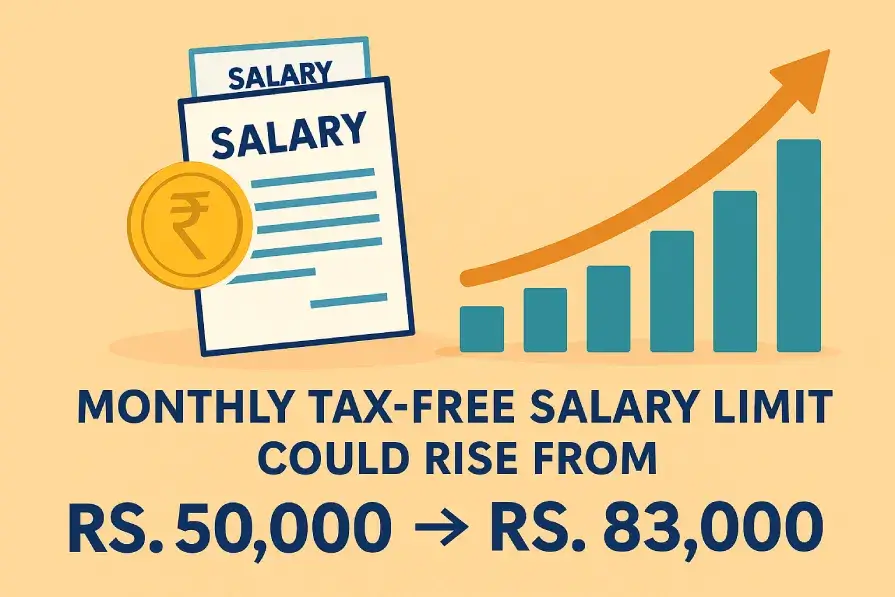Solar Panel Prices Drop by 25% in Pakistan Following New Net-Metering Policy

The price of solar panels in Pakistan has decreased significantly by 25% which makes solar power a more practical renewable energy source for residential and commercial use. The energy market and technology sectors throughout Pakistan display mixed sentiments about this recent price reduction from solar panel providers.
A Major Price Cut for Clean Energy
Solar panel model 585 A grade presently sells for Rs 16,500 despite its original price tag at Rs 22,000. Cost reduction of solar power systems lowered prices for renewable energy adoption across the market.
The elevated prices of materials typically prevented the adoption of solar energy across Pakistan throughout many decades. The price decrease in the market occurred at the ideal moment for the industry.
What’s Behind the Price Drop?
The net-metering policy revision by the government provides the primary explanation behind this change to promote cleaner energy sources while decreasing dependency on traditional power supplies. Under net-metering regulations domestic and office buildings transform into power centers by allowing users to trade their surplus electrical power with the national power system.
The implemented system enables users to decrease their electric bill along with the potential benefit of earning extra money from the surplus electricity generation. The electricity system operates through a basic principle where users get compensated when their solar power output exceeds their power needs..
The Catch: Longer Payback Periods
Many support the panel price decrease in the new policy but experts voice objections toward other aspects. Market experts together with energy experts worry about the impact of policy updates on return on investment (ROI) levels.
Solar system owners used to recoup their investment by net-metering earnings and energy bill savings within a 3 to 4 year period before the policy changes. The modified policy extends the payback duration between 10 to 12 years due to energy consumption patterns and geographical positions.
People with lower and middle income face difficulties due to the long time it takes for their return on investment to grow large enough to pay for system expenses.
Balancing Affordability and Sustainability
Even though the feedback is varied the main direction of this policy continues to bring positive results. The government is advancing renewable energy access through its current initiatives which aim to decrease fossil fuel dependency in the nation. The updated net-metering policy functions as part of an expansive energy reform initiative which seeks simultaneous stabilization of the power grid combined with equal energy distribution systems.
The policy of net-metering needs stronger economic incentives to succeed according to expert analysis of grid sustainability.
What This Means for Homeowners and Businesses
The current time offers excellent opportunities to switch to solar power although smart planning is essential. Lower production costs of solar panels create easier access to solar systems through reduced setup expenses.
Potential users need to regard solar power as a long-lasting monetary investment which provides both economic savings and ecological benefits.
The combination of tax benefits and sustainable branding advantages for businesses together with homeowners’ financial savings and property value growth remains available.
A Step Toward a Greener Future
The country of Pakistan faces well-known energy difficulties. The national focus on energy reform rose to the top after a sequence of frequent power outages and increased fuel costs and surging energy requirements.
The current government action demonstrates a significant milestone in creating a sustainable electric energy system while building energy stability. The price reduction of solar panels becomes a major positive change despite ongoing issues with return on investment durations and equivalent buy-back payments.
Final Thoughts
The implementation of a net-metering policy in Pakistan resulted in a significant 25% reduction of solar panel costs which represents a critical phase for Pakistan’s path to renewable energy. The lowered costs of solar systems have not fully boosted immediate adoption because payback durations are now longer.
The long-term goal is to establish Pakistan as a nation extensively powered by solar energy and distribute sustainable power across the country as a national standard.









